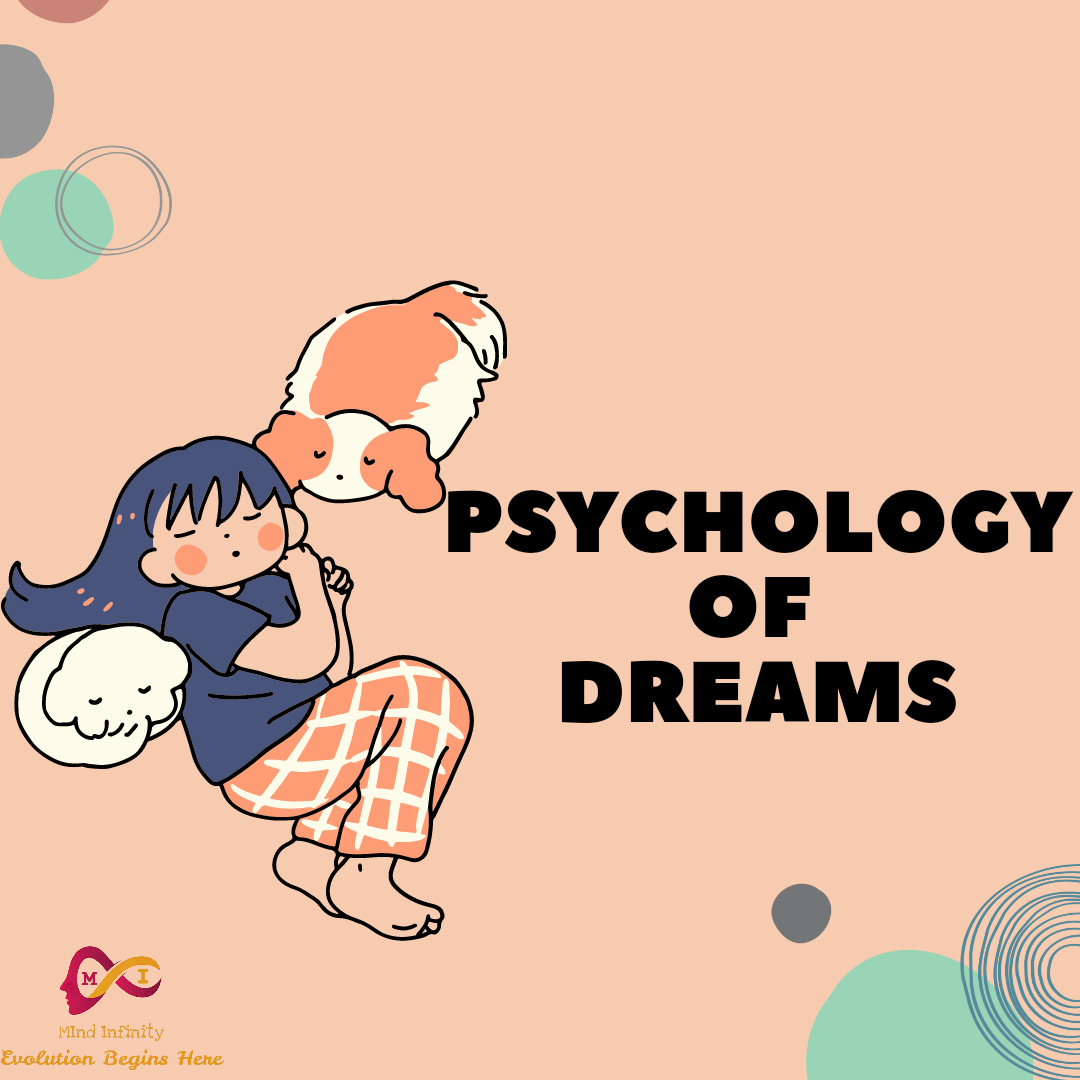Psychology is a vast field and is a study of human behavior and mental processes. There have been a lot of contributors in this field. The founder of psychology was Wilhelm Wundt, after him other psychologists were also there, but the most impactful theory which influenced people and other psychologists was of Sigmund Freud. It’s just impossible when one talks about psychology, and Freud is not in his list. He has given some incredible concepts in psychology such as discovering your unconscious self, making something out of your dreams, etc.
So, let us now discuss in-depth Freud and his theories and techniques that made such a big difference in the field of psychology.
Sigmund Freud
He was born on 6th May 1856 in the Austro-Hungarian Empire. His parents belong to a humble background. He got married in Vienna to Martha Bernays in 1886. Anna Freud was his daughter and a famous psychoanalyst as his father. She also contributed to bringing and growing the concepts of psychoanalysis forward.
Dreams
Although, there is a lot of work and aspects introduced by Freud but here we’ll discuss his theory on dreams. What are dreams? Why do they occur? What is their significance? Freud even wrote a book on dreams named” The Interpretation of Dreams” which was first published in 1899 in his book he has not only given his theories and perspectives, moreover, he has even tried to understand dreams with other’s psychologist and philosopher notion.
Traditionally Aristotle was there who was the first, to discuss about dreams, he was a Greek philosopher and gave two perspectives to the occurrence of dreams the first one is: our sensory organs according to him are always at work, only the external stimulation is absent, and dreams are the result of our thought and the events that are in our surrounding. For instance, if you’re sleeping in the room where your siblings are watching T.V. then there are chances that you’ll see what is being watched on T.V in your dreams because your ears are hearing those sounds which are there in the television. Second perspective says: whatever we see, it leaves an afterimage in our mind and our dreams are the collection or combinations of all those afterimages.
Hyperemesis dreams was the first concept introduced by Freud, he says these occur due to the heightened memory, as well as whatever we see in our dreams we already have experienced, perceived or thought about that incident in our real life. Many times, you would also see things that you would’ve never paid attention to.
According to Freud, dreams are our reflection of unfulfilled desires which we cannot fulfill in reality and which are fulfilled by our unconsciousness. For instance- Your friend brought a new i watch but you don’t have enough money to buy the same watch but you liked it so much, there are chances that you’ll be buying that same i watch in your dreams. Freud has clearly mentioned in his book, dreams are the royal roads by which we can fulfill our wishes and desires that may not be fulfilled in reality due to some circumstances or reasons.
Elaborating the concept of dreams he gave 3 sources by which dreams occur, he said every dream has a connection point with our past experiences. The sources are as follows:
- Significant experience
Significant experiences refer to our past brutal or pleasing events where we either felt happy or sad.
For eg- Someone fails to complete his given task on time and the senior authorities made him feel embraced and they didn’t listen to his reasons and he was trying to counter back all their words but couldn’t because he had a fear of losing his job, so he dreamed that he was yelling at his authorities.
- Mix Experiences
Mix experiences refers to many significant experiences that occurred in the past. Many past experiences accumulate together to form a dream.
For eg- You’re seeing many past things one after the other in your dreams such as eating food at a cafe, crying lonely, etc.
- Strong Desire
Strong desire refers to a wish which we manifest daily so that it could happen in real life, for accomplishing it we put in our heart and soul into it.
For eg- There is an UPSC aspirant and he strongly believes or wishes to clear the CDS examination. Just a day before his exam he dreamed that he had been selected for CDS.
Dreams can be pleasant or unpleasant to us but according to Freud they have a strong significance linked with reality, that our unconsciousness tries to fulfill and reflects it in our dreams.


Comments are closed